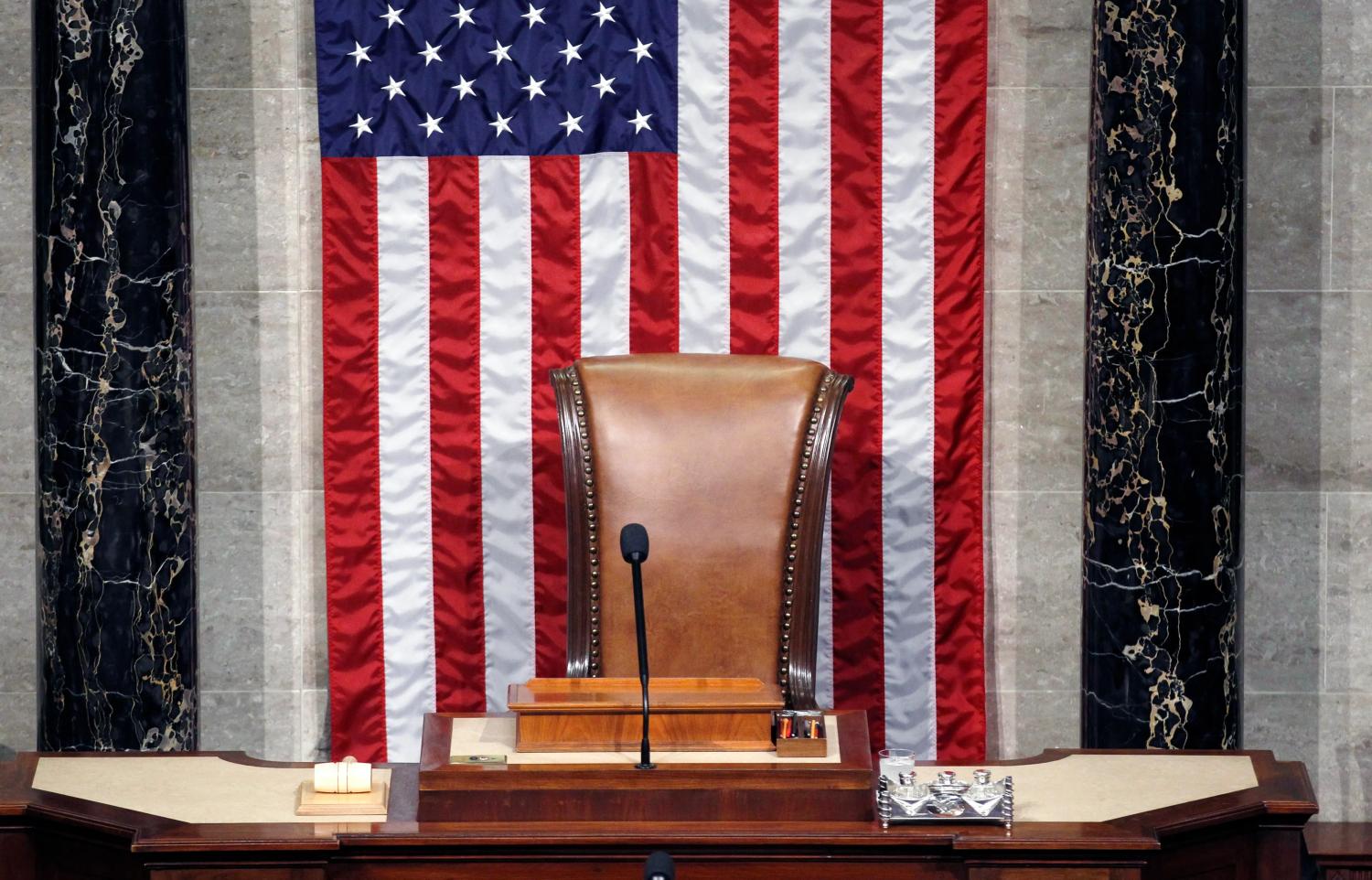The following is a summary of the 31st session of the Congressional Study Group on Foreign Relations and National Security, a program for congressional staff focused on critically engaging the legal and policy factors that define the role that Congress plays in various aspects of U.S. foreign relations and national security policy.
On November 16, 2023 the Congressional Study Group on Foreign Relations and National Security convened over Zoom to discuss the War Powers Resolution and its legacy following the fiftieth anniversary of its enactment on November 7.
Approved by a bipartisan supermajority of both chambers of Congress over a veto by President Richard Nixon, the stated purpose of the War Powers Resolution was to “fulfill the intent of the framers” by ensuring that “the collective judgment of both the Congress and the President will apply” to future decisions regarding the use of military force. But over the past half century, the interpretation and implementation of the War Powers Resolution has become a subject of great controversy between Congress and the executive branch, leading it to fall far short of this lofty goal.
The study group was joined by two leading experts on war powers who led the conversation:
- Professor Matt Waxman from Columbia Law School, who previously held senior positions on the National Security Council and at the U.S. Departments of Defense and State during the George W. Bush administration; and
- Stephen Pomper, Chief of Policy at the International Crisis Group, who was previously a senior director on the National Security Council during the Obama administration and the Assistant Legal Adviser for Political-Military Affairs at the U.S. Department of State.
Prior to the discussion, the study group received the following recommended background readings:
- The text of the War Powers Resolution itself;
- Scott R. Anderson, “The Underappreciated Legacy of the War Powers Resolution,” Lawfare (Nov. 9, 2023);
- Patrick Hulme & Matthew Waxman, “War Powers Reform, U.S. Alliances, and the Commitment Gap,” Lawfare (July 5, 2023);
- Stephen Pomper, “The Soleimani Strike and the Case for War Powers Reform,” Just Security (Mar. 11, 2020); and
- Various Authors, “Policy Roundtable: The War Powers Resolution,” Texas National Security Review (Nov. 14, 2019) (includes contributions from both panelists).
The conversation focused on the legacy of the War Powers Resolution, the impact it continues to have today, and the lessons it provides on how Congress and the executive branch interact around decisions regarding the use of military force.
The presenters opened by discussing potential changes to the War Powers Resolution, including how Congress can hold hearings to bring the public into discussions about military force; modifications that would impose stricter timelines than those currently required; and provisions that could force floor debate in Congress. They identified an overriding tension between executive flexibility and Congressional approval of executive action that leads to questions about whether strict enforcement of the War Powers Resolution would create problematic outcomes, particularly with respect to U.S. alliances with other countries.
The presenters also discussed the practical implementation of the War Powers Resolution as seen in interactions between the legislative and executive branches. The presenters highlighted the challenges posed by reporting requirements that functionally force the branches to communicate, as well as issues that emerge when trying to apply the Resolution’s requirements to circumstances where conflict may be intermittent. They also discussed the executive’s practice of assuming authorization by Congressional appropriation of funds.
Visit the Congressional Study Group on Foreign Relations and National Security landing page to access notes and information on other sessions.
The Brookings Institution is committed to quality, independence, and impact.
We are supported by a diverse array of funders. In line with our values and policies, each Brookings publication represents the sole views of its author(s).



